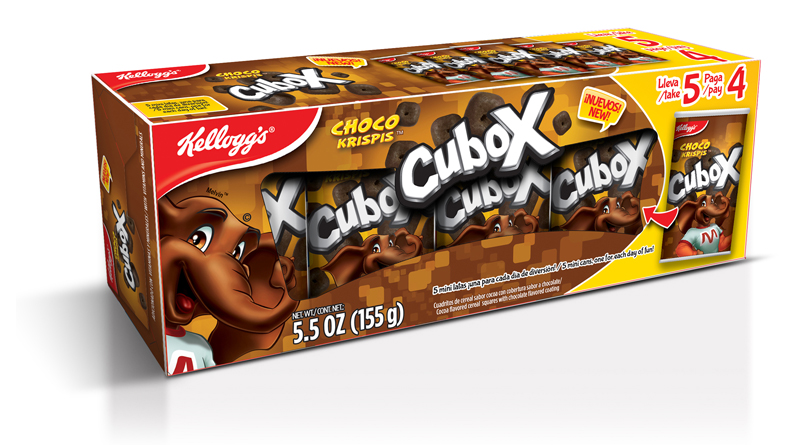The “sportification” mega-trend will continue to influence a wide range of food and beverages in 2020 and beyond as the average consumer is looking for proteins as well as healthy and safe energy to reach their goals. This is according to Thomas Schmidt, Marketing Director at Beneo, who says that although protein powders and energy gels will remain popular with athletes, industry will see more “sportified,” yet recognizable, food products as a consequence of the growth in consumer demand for real foods.
“This will mean F&B producers will have to work with functional ingredient providers, to develop foods such as snack bars and plant-based beverages that not only tick the ‘natural’ and ‘healthy’ boxes, but that deliver sustained energy for both mental and physical performance,” Schmidt tells FoodIngredientsFirst.
“We expect to see an increase in alternatives from other applications outside of the traditional drinks, gels and powders currently seen in the market for nutrition,” he says.
Enhancing physical and mental well-being
Schmidt also highlights that nutrition for video-gamers and e-sports people will continue to grow in importance, as mental health and staying focused over a longer period of time will be key for these consumers. “This will also drive up developments that deliver sustained energy for both mental and physical performance,” he explains.
According to Innova Market Insights, there has been a 23 percent average annual growth of food and beverage launches with a “sports and recovery” claim (Global, 2014-2018). Meanwhile, “energy/alertness” claims follow closely behind with 12 percent growth over the same period.
“Sportified” innovation in F&B
Speaking about the significant increase in the number of product launches carrying some kind of sports claim over the past couple of years, Schmidt reveals. “This is due to two main drivers in the market for ‘sportified’ foods,” he continues. “Firstly, sports nutrition has become more mainstream through a variety of different food applications that have allowed brands to target lifestyle users with sportified products. Secondly, regular foods, such as snack brands, have become sportive, enabling them to reach an additional target group of occasionally active consumers. This double-pronged approach to engaging consumers in sports nutrition has meant that it increasingly holds appeal for all consumers, regardless of how active they may be,” he notes.
Consumers pursuing an active lifestyle want products that help them to manage a busy day, look and feel good, and/or maintain a healthier weight. Some existing sports nutrition products and functional foods contain “fast carbohydrates,” such as maltodextrin, glucose syrup and sucrose, which release glucose into the bloodstream very quickly and suppress fat oxidation due to high insulin release. “While suitable for those in need of instant energy, high-glycaemic carbohydrates are not ideal for those looking for endurance in their training, for day-to-day sports activities, or for achieving balanced energy levels throughout the day. So, there is a need for food and drink producers to meet the physical training needs of regular active consumers,” Schmidt adds.
“Fifty-one percent of consumers regard slow-release carbohydrates as generally better than traditional sugar. With 60 percent linking them to sustained energy, there is a need for further innovation in the sports nutrition arena,” he reveals.
In addition, industry knows so much more about the effects of sports nutrition on performance now than we did ten years ago. Industry has expanded its knowledge, ranging from the effects of exercise on protein utilization to a greater understanding of the benefits of sustained energy release on performance. There is also a growing realization of the impact sports nutrition has on emotional and mental well-being, as well as on long-term health and this will begin to be demonstrated in the types of products being brought to market, he says.
Plant-based nutrition still significant
Meanwhile, plant-based sports nutrition options are growing with significance. Fourteen percent of total European launches in Sports/Performance and nutrition feature a vegan or no animal ingredients claim in 2019 – a 5 percentage point increase since 2014, Schmidt highlights. “As athletes and fitness consumers demand more from their nutrition products, functional ingredients providers and F&B producers will have to work together closely to deliver on-trend, highly functional products,” he further comments.
Another rising trend among athletes is the demand for more dental hygiene-friendly sports nutrition products. “With recommendations encouraging the average athlete to consume up to 60 g of additional carbohydrates per hour of intensive training, or 455 mL of a sports beverage that contains 6 percent fermentable carbohydrates in it, it is not surprising that dental disease is seen at a higher rate in the elite athletics community,” Schmidt says. “It is possible to have tooth-friendly sports nutrition drinks and gels that respond to this need, but so far, none have been brought to market,” he adds.
Today, sportification affects the majority of consumer food choices; however, a consumer group of key interest are Gen-Z consumers. Two out of three worldwide are increasing their physical activity to improve their health, adds Schmidt. “This presents F&B producers with an opportunity to develop sports nutrition products that meet the needs of those who are regularly active,” he concludes.
Source: Food Ingredients First










